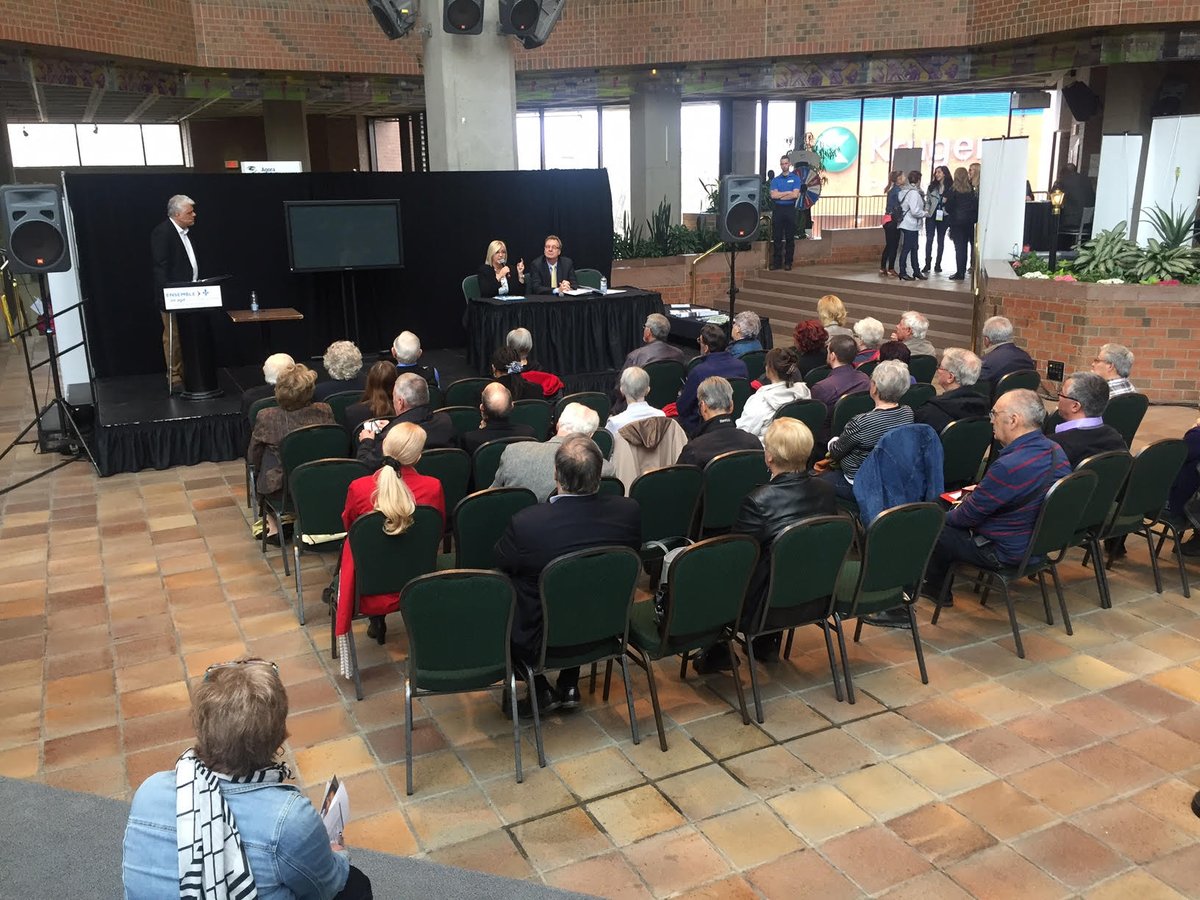
Ontario (Choose another province or territory)
Language rights
The Courts of Justice Act declares that English and French are the official languages of the courts of this province and that hearings are heard either in English or as a bilingual proceeding. This essentially means that a party to a proceeding has the right to a bilingual judge and the right to present testimony and observations in French. In addition, a party has the right to a bilingual jury and the right to file documents written in French in the following regions:
The following counties:
- Essex
- Kent
- Middlesex
- Prescott and Russell
- Renfrew
- Simcoe
- Stormont, Dundas and Glengarry
The following territorial districts:
- Algoma
- Cochrane
- Kenora
- Nipissing
- Sudbury
- Thunder Bay
- Timiskaming
- The area of Welland County, as it existed on December 31, 1969.
- The Regional Municipality of Hamilton-Wentworth.
- The Regional Municipality of Ottawa-Carleton.
- The Regional Municipality of Peel.
- The Regional Municipality of Sudbury.
- The City of Toronto.
Adopted under the Courts of Justice Act, Ontario Regulation 53/01 in effect since June 1, 2001, ensures the right to a bilingual proceeding in four ways:
- Filing a requisition
- Oral statement in court
- Filing a written statement with the court
- The deposit of the first document written in French
In addition, the French Language Services Act provides services in French and the right to use French in the Legislature, at the headquarters or in the central administration of a government agency and in regional government offices in certain sectors. designated. However, these obligations are subject to the reasonable and necessary limits required by the circumstances.
The Franco-Ontarian Emblem Act, 2001 recognizes the Franco-Ontarian flag as an emblem of the Francophone community in Ontario.
State of justice in French
In criminal matters, the province is able to offer trials in both languages. In the civil field, section 135 of the Courts of Justice Act of 1984 makes French an official language of the courts. English remains the usual language, but French can be used if French speakers require it, under certain conditions. French nevertheless has the status of an official language in the field of justice in Ontario.
In 1999, an agreement was reached with the Ontario Ministry of Municipal Affairs concerning litigation relating to unilingual English ballots used in the municipal and school elections in November 1997 in Toronto. From now on, the polls will be in the two official languages of Canada to choose school representatives.
AJEFO: a driving force behind the excellent work done in the area of justice for Ontario Francophones
Guide for the delivery of quality French-language services for municipalities that administer the Provincial Offenses Act
SOS churches and the right to Franco-Ontarian heritage
Customers must be informed of their language rights
At the June 22, 2001 meeting of the Law Society Council of Upper Canada, it was decided to clarify the obligations of members of the Law Society regarding the information they must communicate to their clients regarding their language rights. A commentary on language rights was thus added to paragraph 1.03 (1) (b) of the Code of ethics. Following this change, rule 1.03, which deals with the interpretation of the standards of the legal profession, is now worded as follows:
1.03 (1) This code is interpreted based on the following statements:
- (a) a lawyer has the duty to exercise the law and discharge all of his or her responsibilities to clients, the courts, the public and other members of the profession with honor and integrity;
- (b) because of the privileges enjoyed by the legal profession and the important role it plays in a free and democratic society and in the administration of justice, lawyers have specific responsibilities, including those of respect the diversity of Ontario society, protect the dignity of individuals and respect human rights laws in force in Ontario; linguistic rights of this client in relation to her file, in particular, as the case may be:
- (a) subsection 19 (1) of the Constitution Act, 1982 on the use of English and French in any court established by Parliament,
- (b) section 530 of the Criminal Code respecting the right of an accused to stand trial in a court which speaks the official language of Canada which is that of the accused,
- c) section 126 of the Courts of Justice Act which states that a party to a proceeding who speaks French has the right to require that the proceeding be heard as a bilingual proceeding,
- (d) subsection 5 (1) of the French Language Services Act for French language services of government agencies and institutions of the Legislature of Ontario.
- (c) a lawyer has the duty to respect the standards and reputation of the legal profession, and to promote the promotion of its goals, bodies and institutions;
- (d) the Code aims to translate for the profession and the public the high ethical ideals of the legal profession;
- (e) the Code seeks to clarify the grounds on which lawyers may be subject to disciplinary measures;
- (f) the Code cannot anticipate all situations; the lawyer must therefore respect its spirit as much as the letter.





